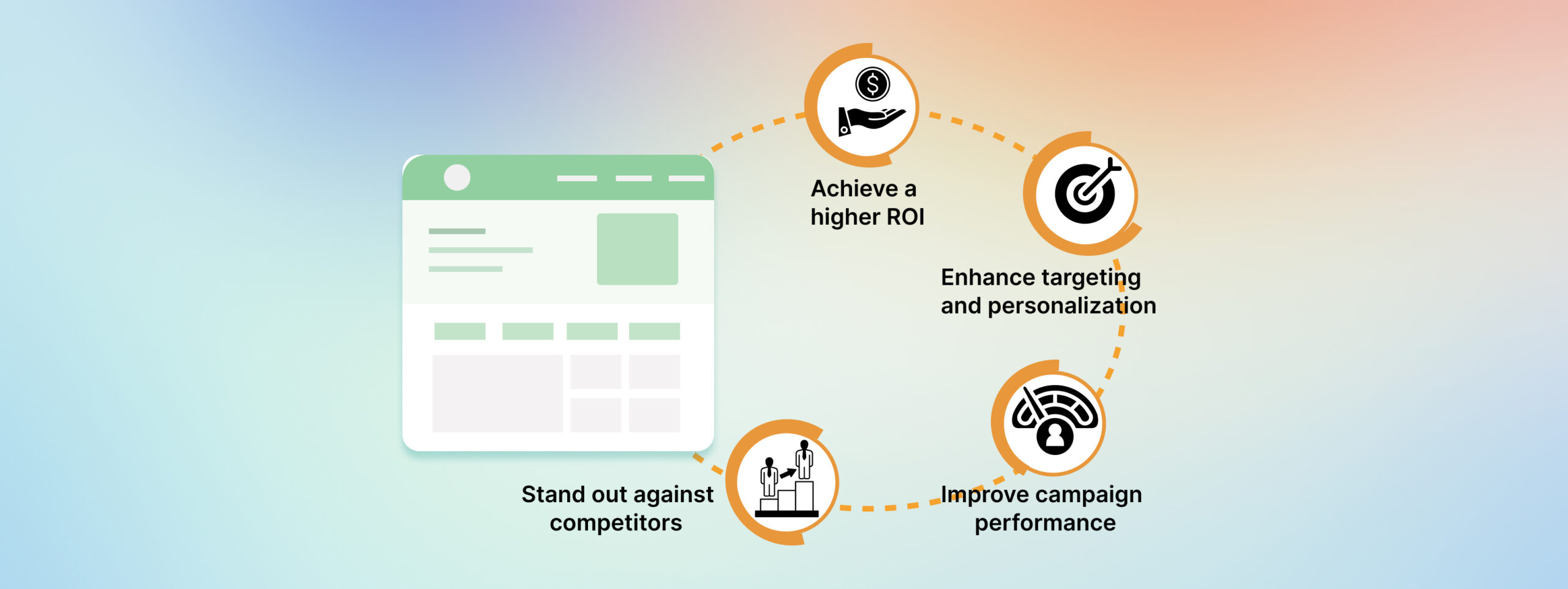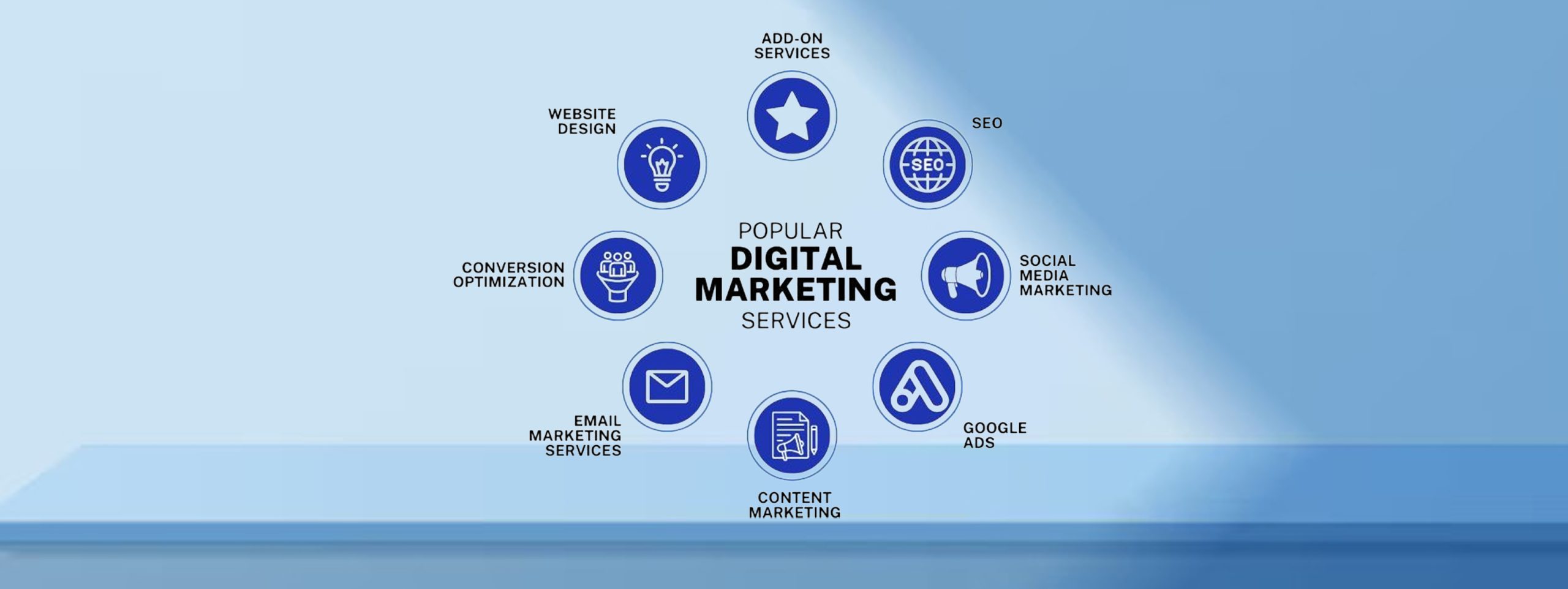In This Article
Maybe data quality is one of the reasons why you’re not getting your desired results from the marketing campaigns.
Using poor quality data rather damages your marketing efforts.
Suppose you’re trying to target a young group of popular people living in New York, but due to a mistake, people of other age groups got targeted for your campaign. Will your marketing campaign ever be successful? Hope not.
This blog will explore what impact data quality can have on marketing campaigns in detail.
Impacts Poor Data Quality Makes on Your Marketing Campaign
Marketing wholeheartedly depends on data. Working with accurate data is essential for performing marketing operations.
It’s obvious that the outcome of your marketing efforts will bring the desired results if you work hard on data quality. However, if you miss chances to improve your data quality, it will negatively affect your outcomes. Let’s guess how bad quality data can impact your marketing operations.
- You may not reach the right people at the right time.
- Marketing efforts can end up wasting resources and increasing costs
- Customers ultimately get bad experiences
Marketers put their hard work into collecting prospect details. Most of the time, they collect contact information from online applications where customers fill out the form. Collecting data from the contact forms is one of the data collection methods businesses rely on.
“Personalization” is the main aim behind the brands’ collecting customer data. More than 63% of buyers expect personalization from the brands they choose. But it acts great when brands collect customer data accurately.
Unfortunately, organizations make mistakes while collecting customer data from various sources. At the end, the quality of the data gets compromised, which impacts the marketing efforts.
How Does Data Lose Quality?
Data gets pulled from CRM databases for marketing campaigns. The Customer Relationship Management (CRM) database is the central location where businesses put all customer information.
Generally, multiple departments use CRM to store customer information, prospect profiles, and for other purposes. They use CRM for multiple reasons. For example, the marketing team stores data in CRM, sales teams outreach customers using CRM data, the customer care team resolves issues through the CRM database, etc.
Because of the multiple user points, the CRM database becomes messy after some time. It happens because
Manual data entry errors
Mistakes can happen while recording data into CRM or any other database. Typos, spelling mistakes, and instances of other types of data entry errors can happen in the database. However, you need to stay alert to these mistakes while entering data. But let’s be very fair, humans can make mistakes, right?
So, correcting the data entry errors and cleansing the database can help you here.
Duplicate Records
Again, the same data can appear twice, thrice, or even multiple times in the same location. It happens when several people are working on the same database or enter data at the same time. Duplicate data is dangerous. It diminishes marketing efforts and increases marketing costs.
Obsolete Information
Not updating the database at the right time can also create a mess in the database. Existing data stored in your database loses its value if not updated at the right moment. Not updating your database is equivalent to keeping bad data in your database. And when you use bad data for marketing, it’s obvious you’ll not get any results in your marketing operations.
Storing Unverified Data
Putting customer data without verifying the authenticity can badly impact your marketing campaigns. Imagine you enter customer email IDs in your database without verifying them. Hence, when the marketing team sends emails to them, it just simply bounce back. Delivering unverified data into your marketing campaigns can increase costs without getting anything in return.
How to Level Up Your Data Quality Standard for Marketing
Marketing means communication; it’s a process to connect with people. To elevate marketing standards, you first need to enhance the quality of your marketing data. It’s not that difficult. All you need is to verify your customer data.
Append and verify the email database
Not all emails you’ll receive are useful for marketing operations. You need to be careful when using email for marketing campaigns. Verify all the emails before using them to send personalized messages. In B2B operations, emails perform the best for making connections. But remember one thing, people keep changing their email addresses every now and then.
So, how can you make sure your emails are accurate and intact?
Following the practices of email appending can help you get the right type of email in your database. It’s a detailed process that involves email validation, adding up missing information, cleaning up old email junk, and other things. Appending your email list can increase your outreach capacity.
Clean and verify addresses and phone numbers
Make sure you know the region where your targeted prospects stay. Even if you run ADs or do promotions of your products, you need the exact location to target. Address verification is your way to get it done. Like emails or phone numbers, people also change their addresses for many reasons. But, you need to know where they have shifted or update the targeted demography for better marketing outcomes.
Phone numbers play a major role in marketing. Though you aren’t going to call your prospects but you can use phone numbers for text message campaigns. Nowadays, text message campaigns are achieving better results at per to other marketing stunts. All you need is a clean and updated phone number database to start your campaign.
Data Quality Determines Marketing Success
The quality of the data lies in its cleanliness and authenticity. Make sure your marketing data (email, addresses, and phone numbers) is verified. Initiate data cleansing measures simultaneously to increase the quality of your data. Success in the marketing campaign will come with your quality data inputs.












